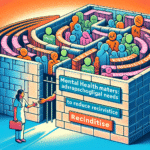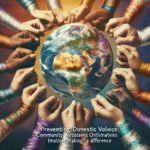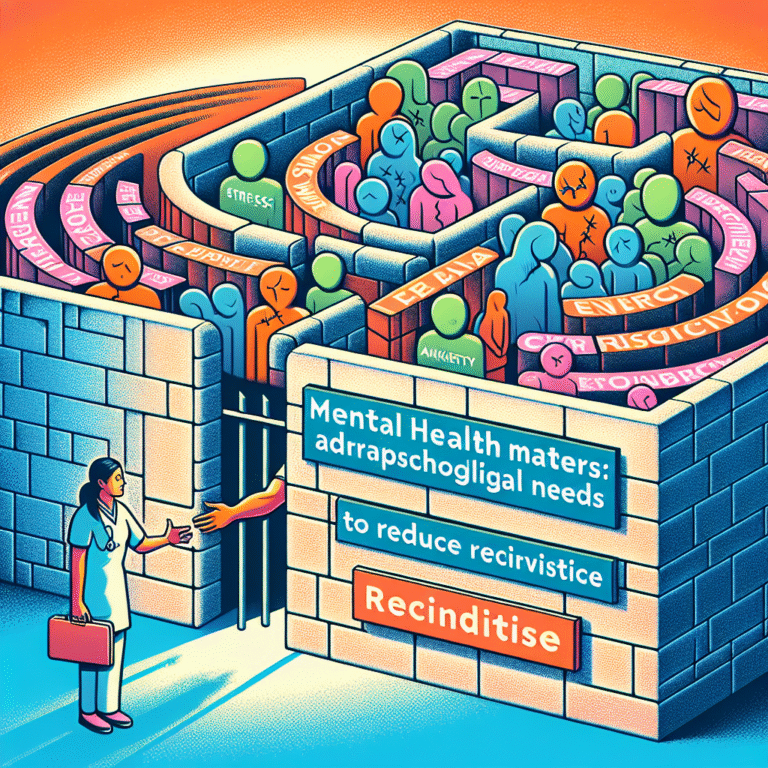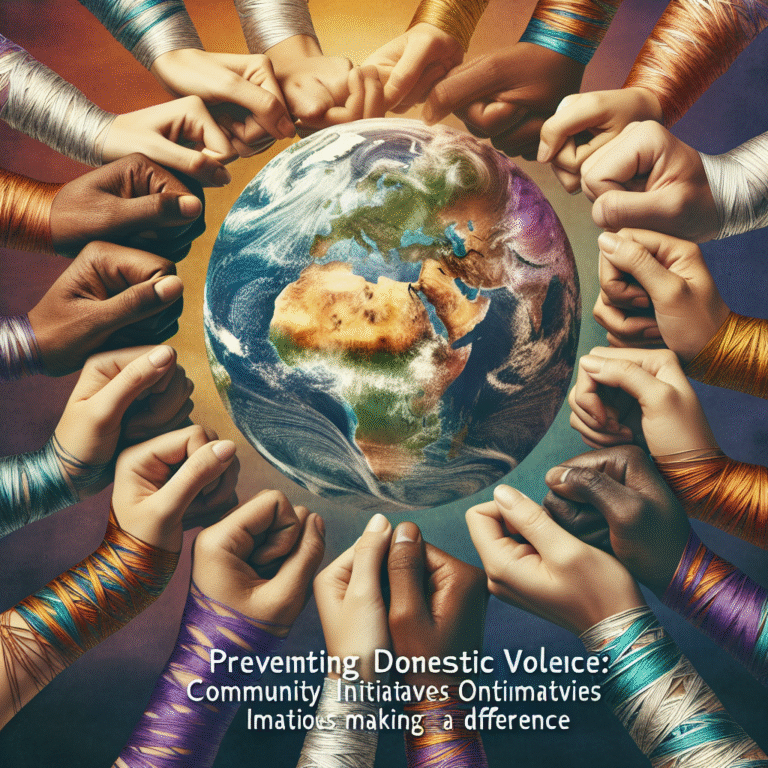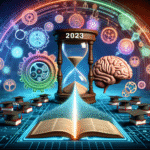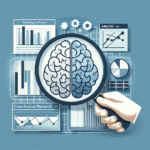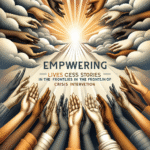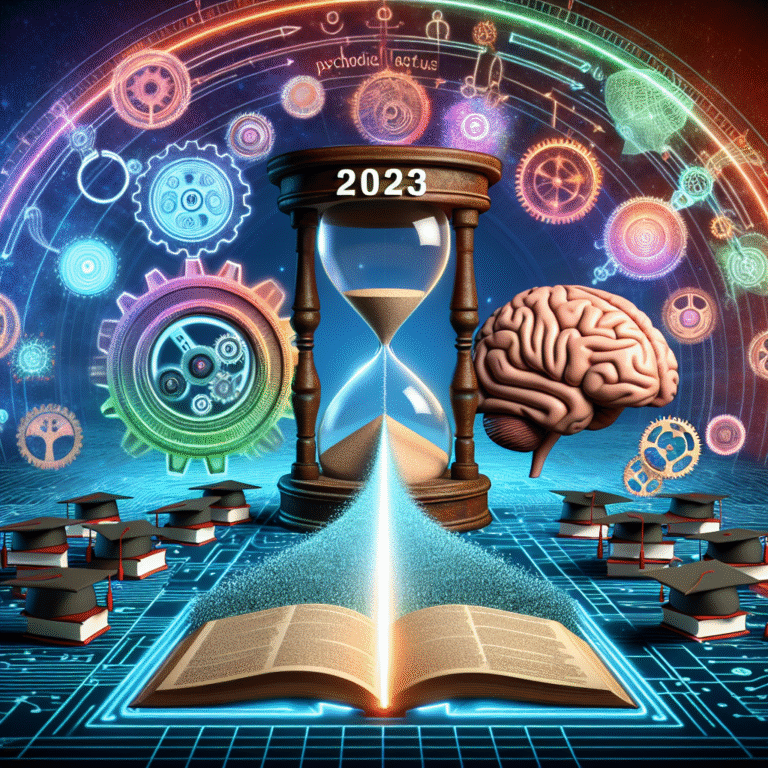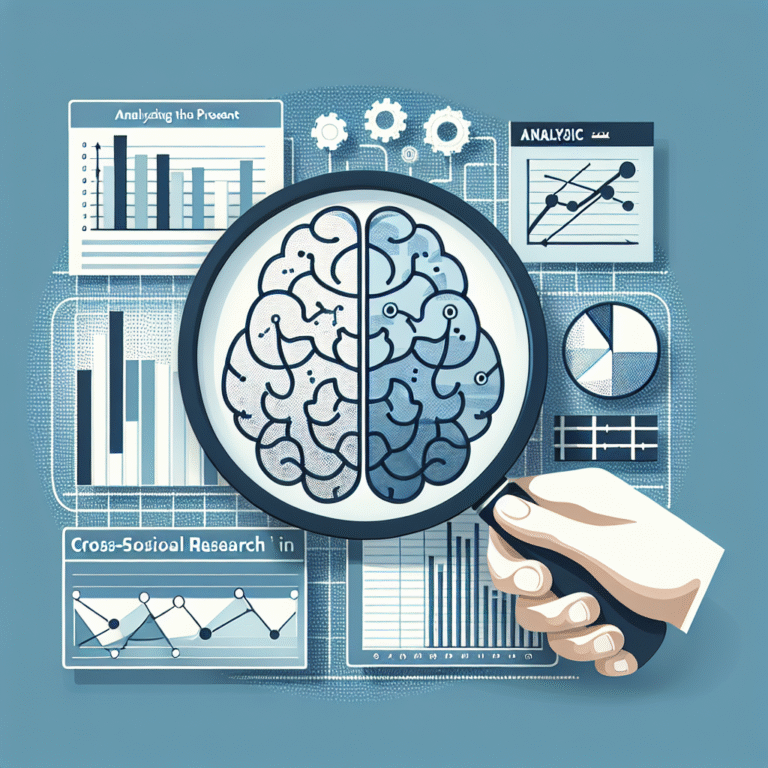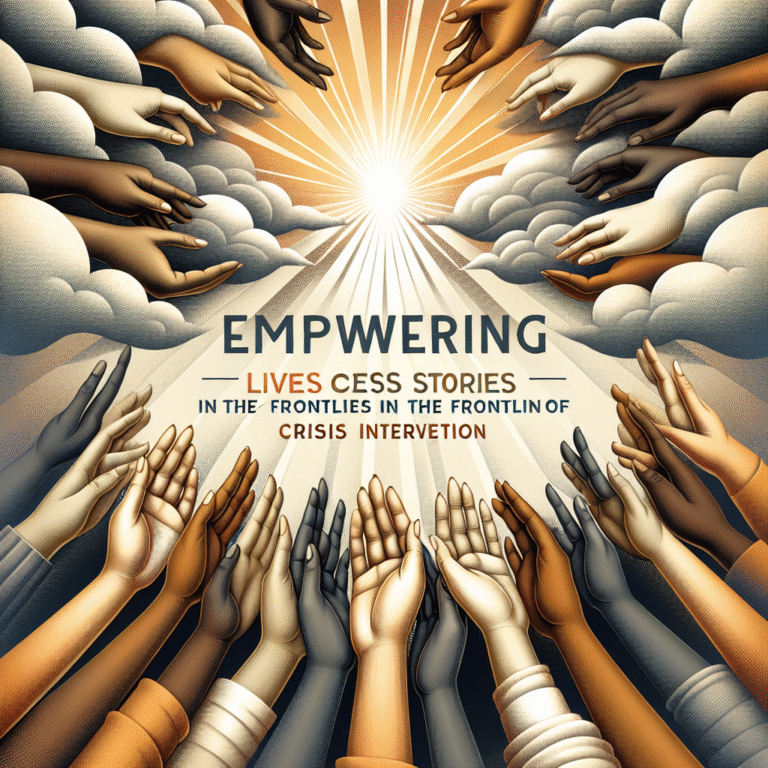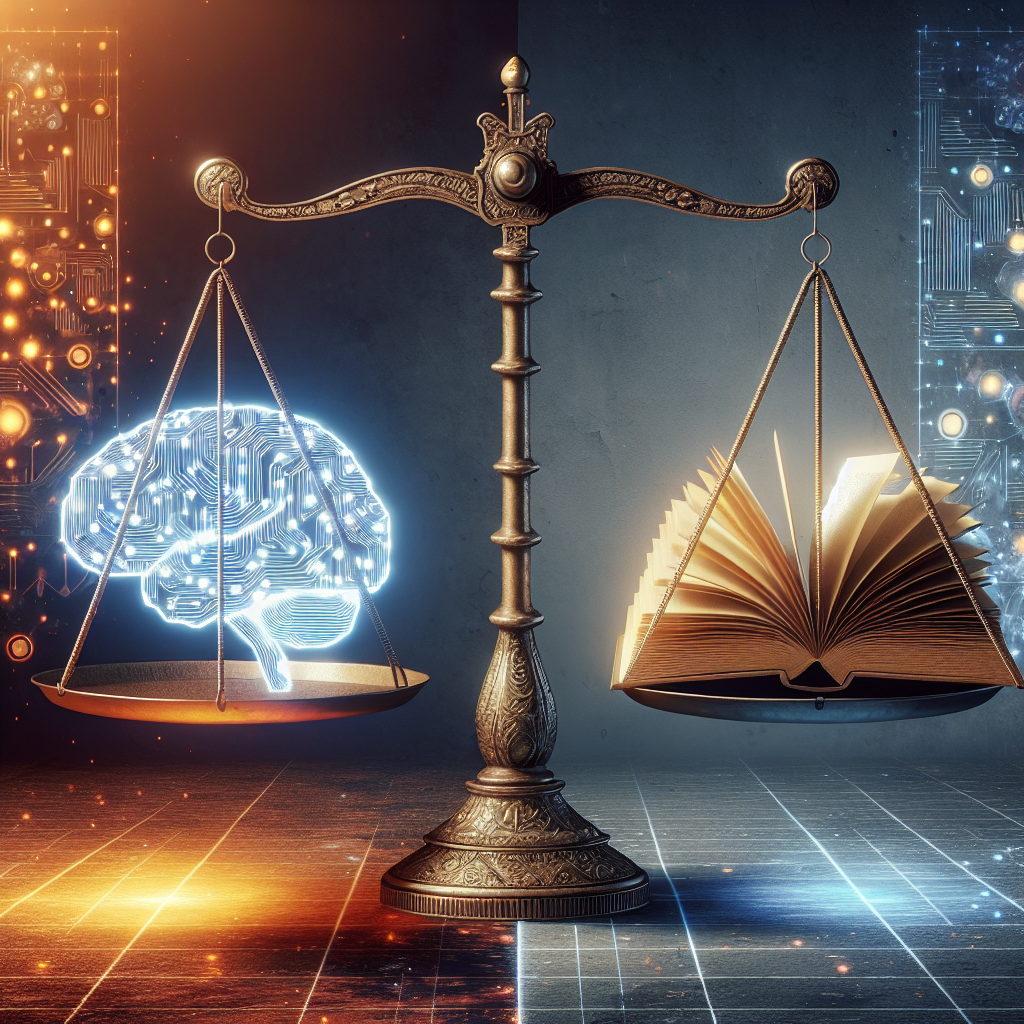
Introduction
In an era where digital technologies weave themselves into the very fabric of our daily lives, the intricate dance of moral development takes center stage. The convergence of rapid technological advancements and evolving societal norms presents a unique platform for both challenges and opportunities. Understanding Moral Development in the Digital Age: Challenges and Opportunities is not just an academic endeavor; it’s a necessity for navigating a world intricately linked by pixels, bytes, and virtual communities.
As we dive into this expansive topic, consider this: How do we foster ethical reasoning when the lines between right and wrong blur in an online environment? How can we harness technology to cultivate moral development rather than hinder it? This article will explore these pressing questions, drawing upon an array of case studies, expert insights, and data analyses.
The Landscape of Moral Development Today
Defining Moral Development
Moral development is the process through which individuals acquire values, beliefs, and ethical reasoning skills. Theories, such as Lawrence Kohlberg’s stages of moral development, outline how we progress from basic understanding to more complex moral reasoning. In the digital age, these frameworks are challenged by new variables like anonymity, online peer influence, and the rapid spread of information.
The Digital Impact on Values
With the internet serving as a vast repository of information and misinformation alike, individuals often encounter conflicting perspectives on morality. Moral Development in the Digital Age: Challenges and Opportunities starkly contrasts traditional values with modern interpretations. This shift raises questions about the sources from which individuals derive their moral compasses.
Case Study: Cyberbullying Epidemic
In 2020, a study showed that nearly 37% of young people in the United States experienced cyberbullying. This provides clear evidence of how digital platforms can foster negative moral behaviors. In the face of this challenge, initiatives aimed at promoting empathy and digital citizenship are emerging. Schools are increasingly incorporating social-emotional learning to counteract the adverse effects of such behaviors.
The Challenges of Moral Development Online
Anonymity and Ethical Hazards
One of the predominant challenges of Moral Development in the Digital Age: Challenges and Opportunities comes from the anonymity that the internet provides. This shield can embolden individuals to engage in behavior they may not consider in face-to-face interactions, leading to ethical dilemmas and a decline in accountability.
Chart: Impact of Anonymity on Ethical Decision-Making
| Factor of Anonymity | Ethical Behavior Decrease |
|---|---|
| Increased Detachment | 30% |
| Reduced Responsibility | 45% |
| Fear of Judgment | 25% |
Misinformation and Its Effects
The digital landscape is cluttered with misinformation—a challenge that can distort moral reasoning. Social media platforms, while excellent tools for connectivity, are often breeding grounds for ethical dilemmas, making it imperative to question the integrity of information.
Case Study: Fake News and the Impact on Public Opinion
In 2016, fake news played a pivotal role in shaping public opinion during the U.S. presidential election. The phenomenon exemplifies how misinformation can manipulate moral perspectives, affecting everything from voting habits to social attitudes. Interventions promoting digital literacy have emerged in schools to combat this growing challenge.
Opportunities for Positive Moral Development
Digital Citizenship Education
In light of the challenges, there lies a significant opportunity: digital citizenship education. By integrating ethical guidelines and moral development into digital curriculums, institutions can equip individuals with the tools to navigate complex moral landscapes.
Table: Key Components of Digital Citizenship
| Component | Description |
|---|---|
| Respect | Understanding the importance of respecting others online. |
| Responsibility | Recognizing and taking responsibility for one’s actions. |
| Safety | Learning to protect personal information and privacy. |
| Empathy | Promoting understanding and compassion in digital environments. |
Role of Technology in Promoting Ethics
Ironically, the very technologies that pose moral dilemmas can be leveraged to foster ethical development. Gamification, for instance, can be utilized to teach moral reasoning through simulations that challenge players in ethical dilemmas.
Case Study: Online Games for Moral Learning
Games like "Life is Strange" invite players to navigate moral quandaries, weighing their choices’ ethical implications. These interactive experiences serve as tools for moral reflection, allowing players to engage with complex dilemmas in a safe environment.
The Role of Parents and Educators
Fostering Discussion at Home and School
Both parents and educators play a critical role in Moral Development in the Digital Age: Challenges and Opportunities. Engaging in open dialogues about morality and ethics can help young people process their online experiences and foster critical thinking skills.
Strategies for Parents
- Model Positive Behavior: Demonstrate ethical behavior online and discuss the implications of digital footprints.
- Create Discussion Spaces: Regularly engage in conversations about moral dilemmas encountered online.
- Set Boundaries: Establish guidelines for online interaction, emphasizing respect and empathy.
Strategies for Educators
- Integrate Ethos into Curriculum: Embed conversations about ethics into various subjects.
- Leverage Technology: Use technology to simulate real-life ethical scenarios in class discussions.
- Encourage Critical Thinking: Prompt students to analyze different viewpoints and their moral implications.
The Future of Moral Development in the Digital Age
As we forge ahead, the landscape of Moral Development in the Digital Age: Challenges and Opportunities will continue to evolve. Bridging the gap between traditional moral frameworks and modern digital realities is crucial for effective personal and societal growth.
Embracing Ethical Innovation
The development of ethical guidelines for technology use will be paramount. Organizations, developers, and educators must collaborate to create inclusive frameworks fostering healthy moral development. By establishing ethical practices across digital platforms, we can turn potential dangers into opportunities for learning and growth.
Conclusion
Navigating moral development in the digital age is a multifaceted venture filled with challenges and opportunities. Embracing the nuances of this evolving landscape requires intentional efforts from individuals, educators, and society at large. By fostering open dialogues, integrating ethical education, and leveraging technology for positive moral engagement, we can inspire a new generation capable of navigating an increasingly complex moral terrain.
As we conclude, ponder this takeaway: In a world where the digital sphere often challenges our ethical beliefs, we have the chance to mold not just our moral narratives but those of future generations. Together, let’s transform Moral Development in the Digital Age: Challenges and Opportunities into a powerful catalyst for growth and understanding.
FAQs
1. What is moral development, and why is it important in the digital age?
Moral development refers to the process of acquiring ethical values and reasoning skills. In the digital age, where interactions are often mediated through technology, fostering moral development is crucial to counteract negative behaviors and promote positive online interactions.
2. How can parents support their children’s moral development online?
Parents can support children by modeling ethical online behavior, discussing moral issues regularly, and establishing guidelines for safe and respectful online interactions.
3. What role do educators play in fostering moral development in the digital age?
Educators can integrate discussions of ethics into various subjects, use technology to simulate moral dilemmas, and encourage critical thinking about online interactions and their implications.
4. What are some effective tools for digital citizenship education?
Programs focusing on empathy, respect, responsibility, and online safety serve as effective tools for digital citizenship education, helping individuals navigate the complexities of digital interactions.
5. How can technology both challenge and promote moral development?
While technology poses challenges like anonymity and misinformation, it also offers tools such as educational games and digital platforms for promoting ethical reasoning and moral discussions, providing opportunities for growth in moral development.
